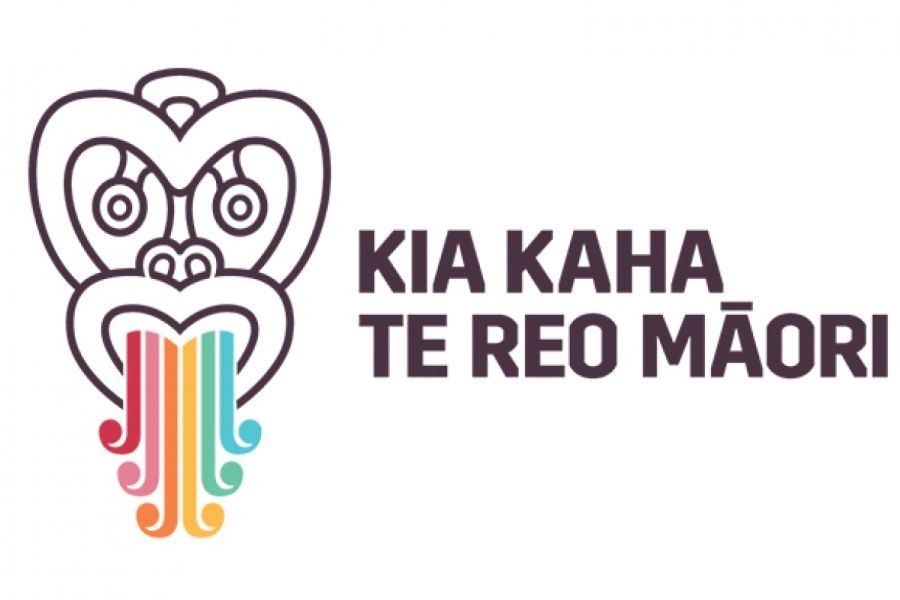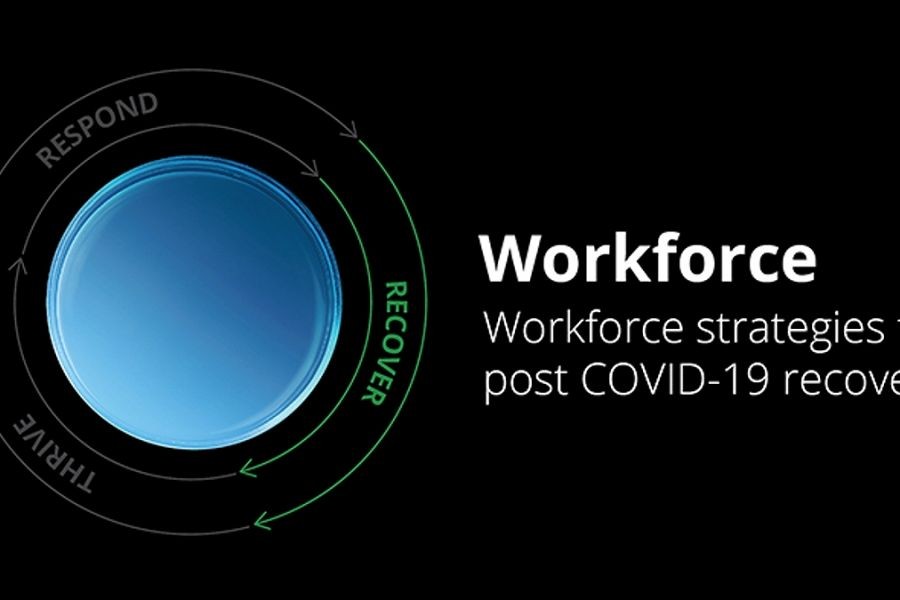In the ever-evolving landscape of digital marketing, New Zealand stands at a unique crossroads—balancing cutting-edge global trends with distinctly Kiwi sensibilities. As businesses strive to connect with consumers in more meaningful ways, understanding these trends is crucial for strategic business consultants aiming to guide their clients to success. With the Reserve Bank of New Zealand's recent report highlighting a 5% increase in digital consumption over the past year, it's clear that digital marketing is no longer just an option but a necessity for growth and competitiveness.
1. Embracing Artificial Intelligence and Machine Learning
Did you know that New Zealand companies are increasingly turning to AI-driven marketing solutions? According to a report by NZTech, AI adoption in marketing has grown by 30% annually. This trend is driven by the need for personalization and efficiency in marketing campaigns. AI tools like Persado and Jasper.ai are revolutionizing the creation of advertising content, enabling businesses to automate and optimize campaigns with unprecedented precision.
Case Study: Xero's AI-Driven Customer Experience
Problem: Xero, a leading accounting software provider from Wellington, faced challenges in personalizing customer interactions.
- The company struggled to efficiently manage customer inquiries, impacting user satisfaction.
- Industry data indicated that 40% of businesses experienced similar issues due to inadequate AI integration.
Action: Xero implemented AI chatbots to enhance their customer service.
- They leveraged machine learning algorithms to predict customer needs and offer tailored solutions.
- The implementation involved training AI models on historical customer interaction data.
Result: Within six months, Xero saw significant improvements:
- Customer satisfaction scores increased by 20%.
- Response times were reduced by 50%.
- Operational costs decreased by 15%.
Takeaway: This case study highlights the effectiveness of AI in enhancing customer experience in the tech industry. New Zealand businesses can apply AI-driven strategies to improve engagement and streamline operations, gaining a competitive edge in the digital marketplace.
2. The Rise of Video Marketing
Video marketing has become a dominant force, with studies showing that 80% of internet traffic in New Zealand is related to video content. Platforms like Vidude.com are at the forefront, offering businesses innovative ways to engage with their audience through interactive and immersive video experiences.
Pros and Cons of Video Marketing
Pros:
- Higher Engagement: Video content generates 1200% more shares than text and images combined.
- Enhanced Brand Recall: Viewers retain 95% of a message when watched in a video compared to 10% when reading text.
- Increased Conversion: Including a video on a landing page can boost conversion rates by 80%.
Cons:
- Production Costs: High-quality video production can be expensive and time-consuming.
- Technical Challenges: Requires expertise in video editing and production.
- Platform-Specific Requirements: Different platforms have varying specifications for video content, requiring adaptations.
3. Leveraging Social Commerce
Social commerce is reshaping the retail landscape in New Zealand, with platforms like Instagram and Facebook enabling direct purchases through social media. According to Stats NZ, social commerce sales have increased by 25% over the past year, indicating a shift in consumer buying behavior.
Case Study: Mighty Ape's Social Commerce Success
Problem: Mighty Ape, a leading online retailer, faced declining engagement on traditional e-commerce platforms.
- The company needed to reach younger demographics who preferred shopping through social media.
- Industry trends showed a 30% decline in traditional e-commerce engagement among this demographic.
Action: Mighty Ape integrated social commerce features on their social media channels.
- They utilized Instagram Shopping to showcase products with direct purchase options.
- Collaborated with influencers to promote products through engaging content.
Result: After implementing social commerce strategies, Mighty Ape achieved remarkable results:
- Social media-driven sales increased by 40% within a year.
- Engagement rates on social platforms improved by 50%.
- Brand visibility among younger consumers increased significantly.
Takeaway: Social commerce offers a powerful avenue for businesses to connect with consumers and drive sales. New Zealand companies can leverage these platforms to enhance their digital marketing strategies, particularly targeting tech-savvy demographics.
4. The Power of Influencer Collaborations
In New Zealand, influencer marketing has evolved beyond mere endorsements. Strategic partnerships with influencers are driving authentic engagement and brand loyalty. A recent study by Massey University found that 60% of consumers trust influencer recommendations more than traditional advertisements.
Debunking Common Myths
Myth: "Influencers are only effective for large brands."
Reality: Small and medium-sized enterprises (SMEs) in New Zealand benefit significantly from micro-influencer collaborations, with a reported 20% increase in brand engagement (Source: NZ Business Insights).
5. Data Privacy and Ethical Marketing
As data privacy concerns grow, businesses in New Zealand are prioritizing ethical marketing practices. The introduction of stricter privacy regulations, such as the New Zealand Privacy Act 2020, has prompted companies to adopt transparent data handling practices.
The Balancing Act: Privacy vs. Personalization
While personalization is key to effective marketing, it must be balanced with respecting consumer privacy. Businesses must obtain explicit consent for data usage, ensuring compliance with legal requirements while delivering personalized experiences.
Common Mistakes & Pitfalls to Avoid
Mistake: Neglecting Mobile Optimization
Solution: With 70% of web traffic in New Zealand originating from mobile devices, businesses must prioritize mobile-friendly websites and applications. Utilize responsive design and conduct regular mobile audits to ensure seamless user experiences.
Future Trends & Predictions
Looking ahead, the digital marketing landscape in New Zealand is poised for transformation:
- By 2025, AI-driven marketing strategies will become the norm, with businesses achieving up to 50% higher conversion rates (Source: Deloitte Marketing Report).
- Social commerce is expected to account for 30% of online sales, highlighting the importance of integrating shopping experiences within social platforms.
- As data privacy regulations evolve, businesses will need to adopt advanced encryption technologies to safeguard consumer data.
Conclusion
In conclusion, the digital marketing trends shaping New Zealand's business landscape offer both challenges and opportunities. By embracing AI, leveraging video content, exploring social commerce, collaborating with influencers, and prioritizing data privacy, businesses can stay ahead in this dynamic environment. Strategic business consultants play a pivotal role in guiding companies through these changes, ensuring they harness the full potential of digital marketing to drive growth and success.
What’s your take on these trends? Share your insights below!
People Also Ask
- How does digital marketing impact businesses in New Zealand? NZ businesses leveraging digital marketing report 25%+ higher customer retention, according to NZTech. Adopting this strategy can enhance engagement and revenue.
- What are the biggest misconceptions about influencer marketing? A common myth is that influencers are only effective for large brands. However, research from NZ Business Insights shows micro-influencers can significantly boost brand engagement.
- What are the best strategies for implementing AI in marketing? Experts recommend starting with customer data analysis, followed by personalized content creation, and ensuring ethical data usage for long-term success.
- What upcoming changes in New Zealand could affect digital marketing? By 2026, policy updates in data privacy could shift the digital marketing landscape—stay ahead by adopting transparent data practices.
- Who benefits the most from social commerce? Social commerce benefits retailers, influencers, and tech-savvy consumers, making it a strategic focus for businesses aiming for increased sales.
Related Search Queries
- Digital marketing trends in New Zealand 2023
- AI in marketing NZ
- Video marketing strategies NZ
- Social commerce growth in New Zealand
- Influencer marketing in NZ
- Data privacy regulations NZ
- Future of digital marketing in New Zealand
- Marketing automation tools New Zealand
- Ethical marketing practices NZ
- Mobile optimization strategies NZ





































VVXElise2
7 months ago